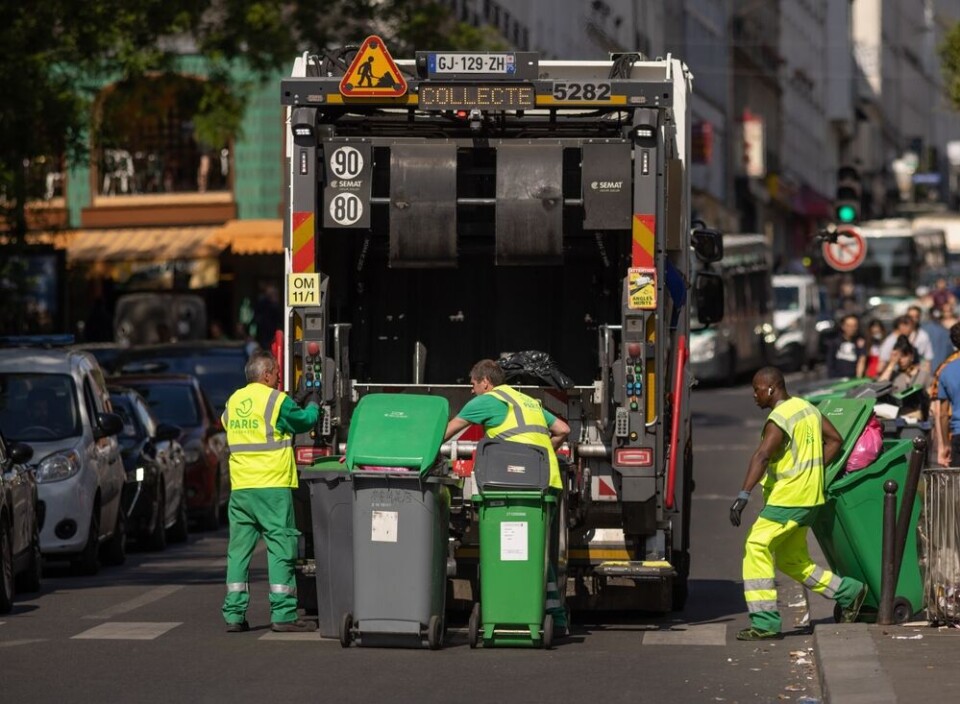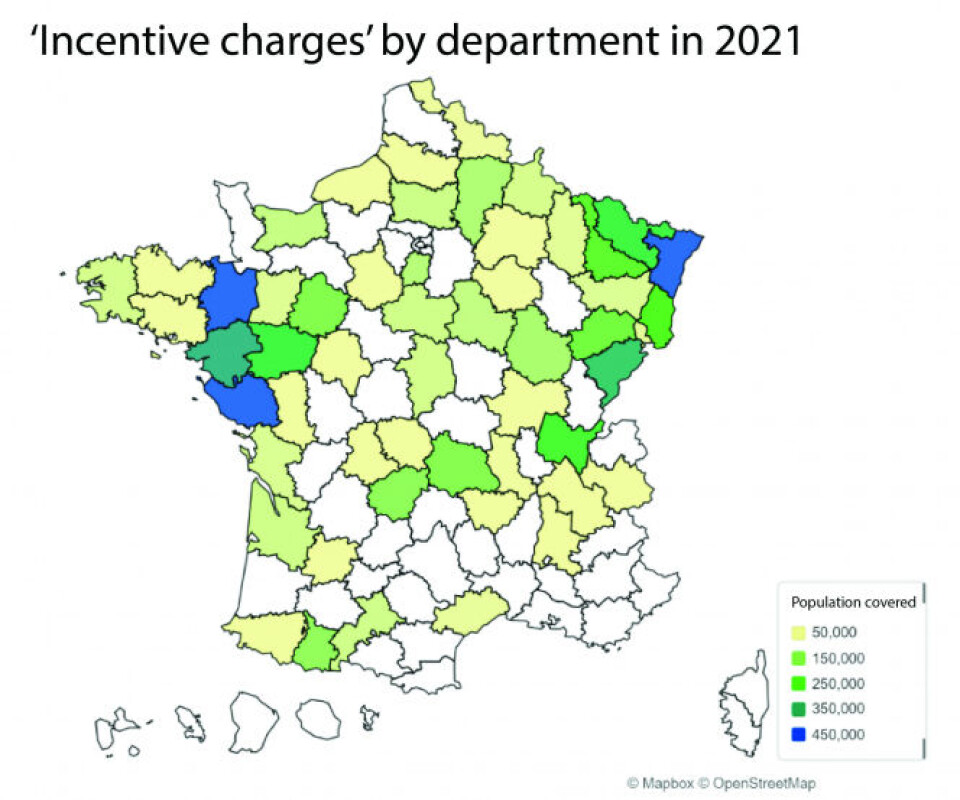-
French property tax: deferment, reduction and remission after the deadline
Taxe foncière relief is possible at any time
-
How to save money on your French tax bill by giving to charity this year
Gifts to good causes before January can be declared in your spring 2026 tax return
-
Why am I suddenly being charged withholding tax in France?
Upcoming instalments can be viewed through personal space of French tax site
Bin collection fees in France: what changes do you need to know about?
A system of ‘incentive charges’ is set to expand to most homes despite opposition

A system using ‘incentive charges’ to encourage people to reduce the volume of household waste they put in the bin is to be expanded to many other areas of France.
France has set a target of reducing the volume of household waste by 15% compared to 2010 levels by 2030.
This is ambitious since, according to the state environmental agency Ademe, volumes are still increasing in many areas.
Ademe says that the most effective way to counter this trend and to encourage people to recycle is to make it more expensive to put household waste in the bin.
This is known as an ‘incentive charge’ and France set a target to have it applied to 25 million people by next year.
At present around seven million people pay incentive charges.
Read more: ‘Pay per wheelie bin’ rubbish charge set to expand across France
What is an incentive charge?
Incentive charges are intended to make people reduce waste and recycle more.
There are two types of incentive charges:
- Those that may be added onto the taxe d’enlèvement des ordures ménagères (TEOM), which is paid by all homeowners in the commune on the same bill as taxe foncière (it can be claimed back from tenants if the home is rented out, as part of the tenant’s charges), which is payable to the Trésor Public (part of the tax service)
- In areas with a redevance (fee) which is billed to people who use the bin collection service (whether tenants or owners), it may be added onto this bill, which is sent separately from the property tax bill from your commune or group of communes.
There are various different systems for working out the level of the incentive part of the tax or redevance, including card-based point systems to charge people for their access to communal bins if they put in more than they should.
Does this mean people will be paying more?
In some cases yes, but it depends on the choice that local councils or groups of councils make when bringing it in.
Ademe has suggested that at least a €3 fee per wheelie-bin collection would help it meet targets to reduce household waste, however this would be paid as part of the bin collection tax or fee.
Most communes in France at present pay for bin collection via the TEOM, which is worked out based on half of a home’s annual theoretical rental value (VLC) multiplied by a percentage rate set by councils.
REOM on the other hand does not use the VLC, but typically varies based on household size.
In theory if councils bring in an incentive part of the tax or fee they could rebalance their rate for TEOM, or the fixed part of the REOM, to compensate.
However, in Dordogne, for example, which introduced a REOM with an incentive-based part last year, local campaigners claim the average bill has doubled compared to the old TEOM.
Last year, the TEOM increased in many areas, partly due to the annual across-the-board rise in VLCs, which are adjusted according to increases in the cost of living and inflation, but also because of some areas putting up their percentage rates.
The rate of the TEOM soared in some areas including:
- Ivry-sur-Seine (Val-de-Marne) by 44.3%.
- Seine-Saint-Denis , Sevran and Tremblay-en-France (93) by 40.6%
- Aix-en-Provence and Vitrolles (13) by 32.1%
Note: Where applicable, you can find your bin collection tax on the second page of your avis de taxe foncière.
What are you supposed to do about incentive charges?
In general, you are supposed to put less in the general waste bin, and instead put more in the recycling bins and, where possible, the biowaste collection bin.
More rules and regulations may apply in areas where a bin collection provider has been introduced.
Many such areas have reduced the number of bin pickups, charging people for extra collection. Others have introduced microchips on people’s bins to measure the waste volume they contain or run information campaigns.
Which areas have introduced incentive charges?

Since incentive charges are introduced by local authorities on a piecemeal basis, the national data is somewhat lacking. The current national data for the charges dates from 2021.
Ademe told The Connexion that it does not have a map of all the areas covered nor information of where they are likely to start next.
How much are the incentive charges?
The charges vary by commune and by the service provider.
In Dordogne, for instance, waste collection is run by a special intercommunal body called Smd3, that has a set grid of fees related to the number of collections and the size of the household. This was brought in along with a change to a redevance instead of the old TEOM.
The redevance has a fixed part that depends on the size of the household and allows for a set number of collections included, plus a fee per bin after that.
Charges fees for a standard 120l bin include:
- €260 a year - eight collections for a single person household
- €330 a year - 13 collections for a two person household
- €387 a year - 17 collections for a three person household
- €429 a year - 20 collections for a four person household
- €457 a year - 22 collections for a five person household
- €485 a year - 24 collections for a six person household
- €513 a year - 26 collections for a seven person household)
- +€10 for each additional bin collection
These incentive charges represent a significant increase in the cost of bin collection, which has angered locals - some of whom have formed an association to oppose them called the Association des Mécontents de la Collecte des Déchets en Dordogne (AMCODD)
“We fully support reducing waste, but people’s efforts should be rewarded rather than hit by exorbitant fees,” Florence Poumarède from the AMCODD told The Connexion.
She added that they are optimistic about their chances of overturning the ‘incentive charges’ in Dordogne in 2024 and plan to work with other associations to fight the scheme nationally.
Read more
How rubbish collections and fees are changing in south west France
























